Author Archive
Dreadful Sorry’s Exploration of American Nostalgia
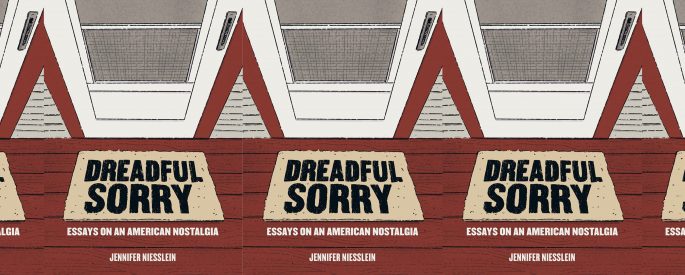
Dispelling the haze of American nostalgia matters, and Jennifer Niesslein shows how it can be done, particularly by those of us who are white—and that, after it is stripped of sentimentality, nostalgia can be a force that drives us to make a beloved place better.
Wintering
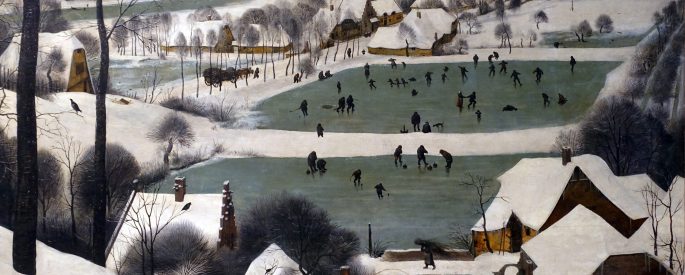
In wintering, can I retreat without completely dissociating from the world beyond the walls of my apartment? Katherine May, in her 2020 book of the same name, shows some ways of doing so.
The Horror of Circumstance in Bora Chung’s Cursed Bunny

Helplessness or bewilderment is common to many of the characters in Chung’s stories; they are like characters caught in a bad dream from which there is no waking, and in which the interdependence of living things is experienced as horror.
The Dangerous Age’s Repudiation of the Marriage Plot

Women are often confined in stories to “erotic narratives” that generally lead to the altar; menopause marks the end of the tale. This plight for a woman in mid-life is evident in the enactment and repudiation of the marriage plot in Karin Michaëlis’s 1910 novel.
States of Refusal in How to Do Nothing and Housekeeping
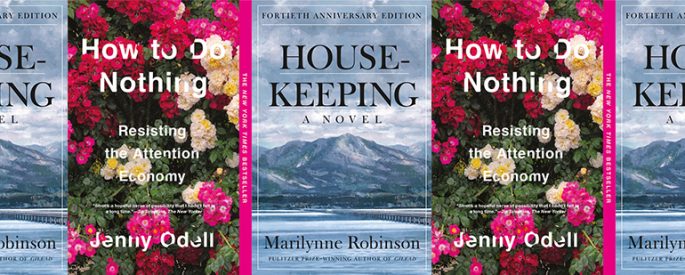
“Fourteen years ago I left my job at a publicly traded company and began life as a freelancer. In all these years I have been trying to get to what Jenny Odell calls the ‘third space,’ an arena of both participation in and resistance to society.”
Katie Kitamura’s Explorations of Separation
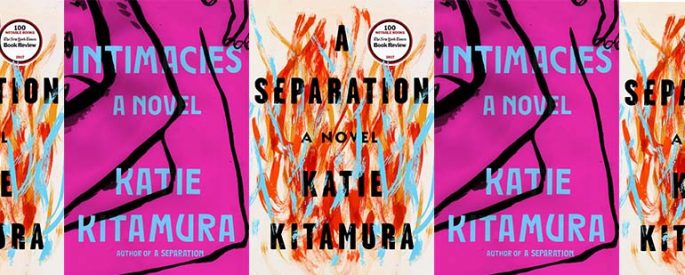
Katie Kitamura’s most recent novels are like mirror images: though their titles suggest that their subjects are opposing themes—separation in one and intimacy in the other—both novels show how our lives are bound up in the lives of others, including those from whom we wish to separate.
Seeing Jenny in Why Didn’t You Just Do What You Were Told?

The pleasure of reading Jenny Diski’s essays is in spending time with her persona—opinionated, funny, and endlessly curious. How can there be an end in wanting to know about Diski, her subjects, or any other example of what it is to be a human in this world?
Becoming an Art Monster
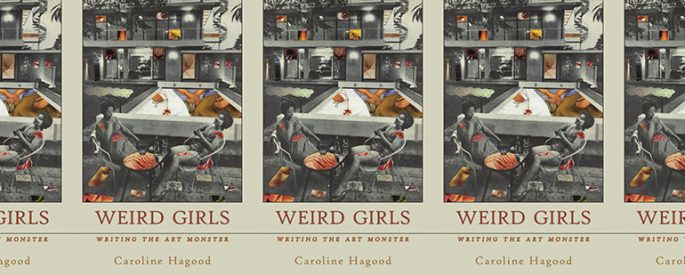
“Of course pretending to be a regular girl is monstrous—as monstrous as not writing, and as monstrous as being a mother who takes some time to herself to write, as I am doing now.”
Storytelling in New York, My Village
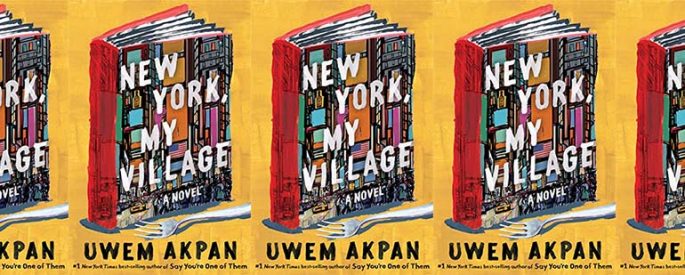
Uwem Akpan’s story of an Annang narrator working in the “white bubble” of New York publishing is a story about storytelling—and not just the stories that make it past the gatekeepers to publication, but also the stories that are passed along in the conversations, letters, phone calls, photographs, and
Weasels in the Attic’s Exploration of Parenthood
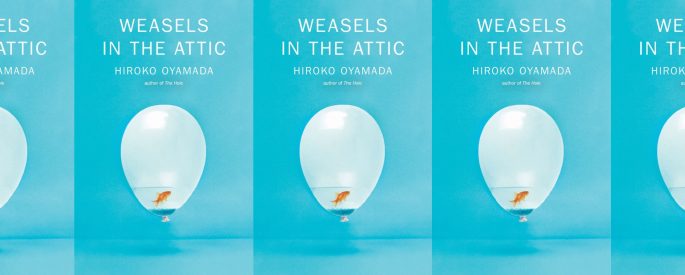
The newest book by Hiroko Oyamada, published in English translation by David Boyd earlier this month, teems with tropical fish and its eponymous weasels, whose lives and deaths reveal the precariousness of parenthood and family.